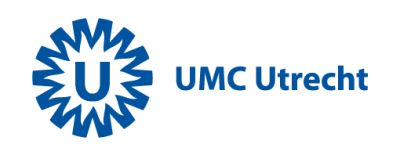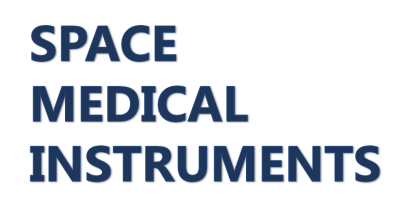A Patch to Heal the Heart
Chronic heart failure as a result of ischemic heart disease is a growing epidemic burden with no widely available treatment. The proposed project explores the use of a modification of the endogenous secreted glycoprotein Follistatin-like 1 (FSTL1) to induce regenerative effects and treat chronic heart failure.
FSTL1 has been shown to improve the outcome of ischemic myocardial damage when applied epicardially on the damaged myocardium via a bioengineered patch in rodent animal studies. Initial preclinical results suggest similar effects, but adequately powered studies are missing with respect to safety and functional endpoints and are needed before translation to a clinical application. This project will elucidate the cellular mechanisms underlying the regenerative effects of FSTL1 using a human in vitro model of cardiac damage. At present, intracoronary and intramyocardial delivery strategies have showed to be ineffective, with delivery efficiency of at best 10%.
Within DELICATE it is aimed for a novel and more robust platform. To this end, a minimally invasive delivery route will be developed for sustained and locally defined FSTL1 delivery into the epicardial space. Finally, a pre-clinical large animal study will be performed to assess safety and efficacy of the combined approach, validating all necessary procedures and requirements for translation to a first-in-human trial.
With this project, it is aimed to translate current finding from basic research to more efficient cures for frequent and serious heart diseases, currently treated mainly with symptom relieving therapies.



